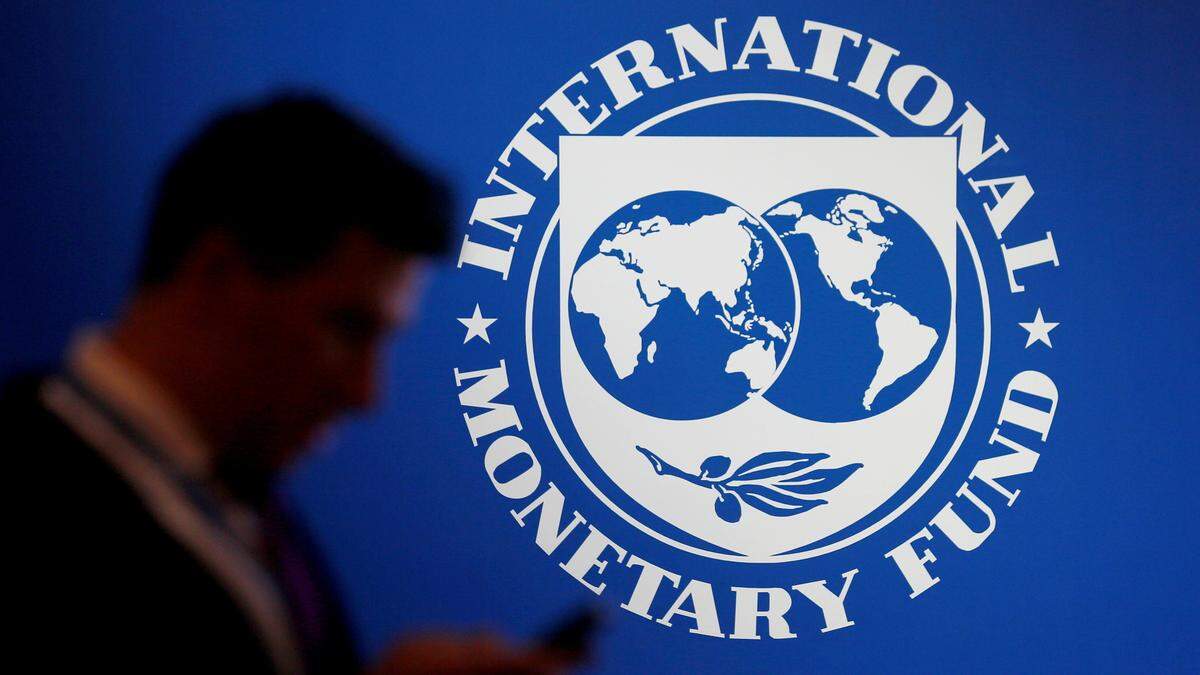The International Monetary Fund (IMF) has said Luxembourg should reduce state support and implement structural reforms to ensure long-term economic stability, in its latest annual assessment published on Friday.
The Washington-based IMF acknowledges the country’s modest economic recovery but warns that sluggish growth and significant fiscal and structural challenges must be addressed to secure future prosperity.
Luxembourg’s economy grew by just 0.5% last year, indicating a weaker and “uneven” recovery than expected, the IMF said. While GDP growth is projected to rebound to 2% in 2025 and reach around 2.6% by 2026-27, sustained progress hinges on policy adjustments.
Despite stable fiscal policies, external risks – such as weaker global demand, financial market volatility, and pressures in the real estate sector – pose potential setbacks.
The IMF suggests that Luxembourg adopt a neutral fiscal stance in 2025, striking a balance between targeted support and spending discipline. To ensure long-term fiscal sustainability, the IMF advises controlling public spending, containing wage bill growth, and rationalising tax benefits.
The multilateral institution also recommends diversifying revenue sources by increasing property and environmental taxes and implementing a national fiscal rule that includes a debt anchor and expenditure limits to safeguard the country’s AAA credit rating.
Housing market challenges
Luxembourg’s real estate sector continues to face persistent supply shortages and affordability concerns. While the IMF acknowledges that recent government policies have stabilised prices, new initiatives could inadvertently drive costs higher.
To improve housing supply, the IMF suggests the government to streamline construction permits, release more unused land for development, and reform property taxation. Additionally, reducing mortgage tax incentives is recommended to curb speculation and excessive borrowing.
“High private sector indebtedness and past house price overvaluation contributed to a substantial but orderly correction in the real estate market, heightened uncertainty, and low confidence in the construction sector,” the report states.
Despite Luxembourg’s strong financial sector, vulnerabilities persist, particularly in household debt and rising non-performing loans in the real estate sector. The share of non-performing loans in domestic banks has increased from 2.6% last year to 3.4%, while mortgage payments consume 44% of new borrowers’ incomes.
To mitigate risks, the IMF suggests stricter mortgage lending rules and a gradual reduction in the loan-to-value limit to prevent excessive borrowing. Strengthening financial supervision is also a priority, particularly in light of growing cyber risks and potential instability in investment funds
Also read:Study reveals racial discrimination in Luxembourg housing market
Focus on pension reform and labour market
Luxembourg’s aging population presents a significant fiscal challenge, with pension reserves projected to be entirely gone by 2045.
The IMF recommends gradually raising the retirement age, discouraging early workforce exits, and adjusting benefits to ensure sustainability. Reducing automatic pension indexation and simplifying administrative processes through digitalisation are also proposed reforms to enhance efficiency and reduce costs.
Also read:Parliament kicks off next stage in pension reform debate
The IMF highlights the need for greater labor market flexibility, as restrictive job entry rules and wage indexation hinder employment growth. Policymakers are encouraged to promote workforce participation – especially among seniors and women – through flexible work policies and targeted incentives.
“Outside the public sector, employment growth has been sluggish, and the unemployment rate has continued to rise, surpassing the long-term average of 5%,” the report states.
Artificial intelligence is expected to play a growing role in the labor market, though uncertainty remains about its long-term impact. “AI promises a lot, but there’s still a great deal of uncertainty,” the report notes.
While AI-driven automation can enhance efficiency and reduce administrative burdens, concerns persist regarding its impact on job security and required skill sets. The IMF recommends investing in digitalisation and IT solutions to simplify administrative burdens and ensure that the public sector remains efficient while fostering private-sector growth.
